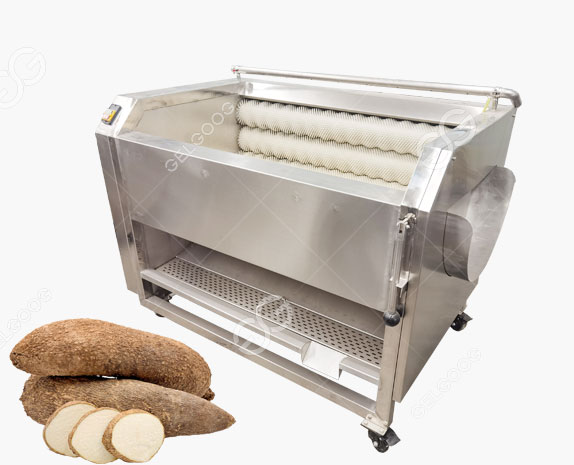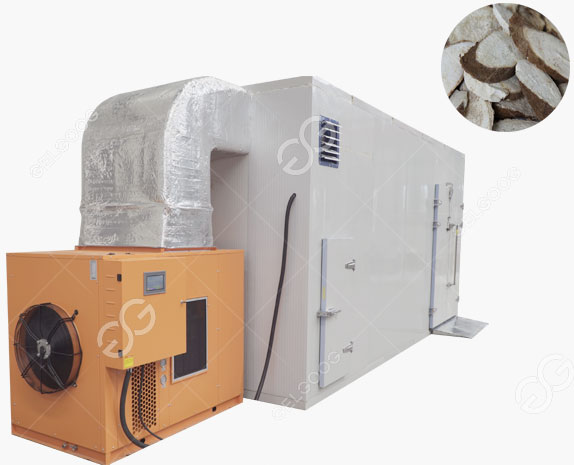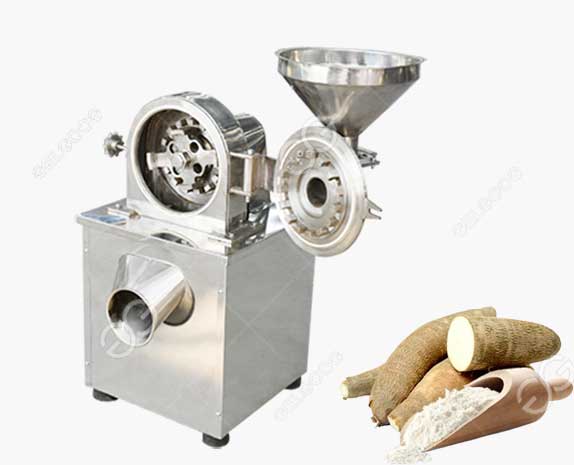In a world where preserving the goodness of food and other products is crucial, industrial dehydrators have emerged as unsung heroes. These versatile machines play a significant role in removing moisture from various materials, extending shelf life, reducing weight, and maintaining product quality. In this blog, we'll delve into the world of industrial dehydrators, exploring what they are, how they work, and why they're essential across industries.
Understanding Dehydration
Dehydration, in simple terms, is the process of removing water or moisture from substances. Think of the process like drying clothes on a sunny day – the water evaporates, leaving the clothes dry. Industrial dehydrators work on a similar principle, albeit on a much larger scale and with various materials. The key goal is to eliminate moisture to inhibit the growth of microorganisms like bacteria and molds, which spoil products.
What is an Industrial Dehydrator?
An industrial dehydrator is a specialized machine designed to efficiently remove moisture from a wide range of materials. These materials can include fruits, vegetables, meats, herbs, grains, plastics, and more. Dehydration not only enhances preservation but also concentrates flavors and nutrients, making the products lightweight and easier to transport.
How Does an Industrial Dehydrator Work?
Industrial dehydrators employ a combination of heat, airflow, and sometimes even low pressure to facilitate moisture removal. Here's a basic breakdown of the process:
Heating Element: The dehydrator is equipped with a heating element, which generates controlled heat.
Airflow System: A fan circulates the heated air throughout the drying chamber. This constant flow of warm air accelerates the evaporation of moisture from the materials.
Dehydration Chambers or Trays: The materials to be dried are spread out on trays or placed inside chambers. The airflow evenly distributes heat, ensuring uniform drying.
Moisture Ventilation: As moisture evaporates from the materials, it accumulates in the form of humid air. Industrial dehydrators have mechanisms to vent this humid air, preventing it from condensing back onto the drying items.
Temperature and Time Control: Different materials require specific drying temperatures and durations. Modern industrial dehydrators allow operators to adjust these parameters for optimal results.
Applications of Industrial Dehydrators
The applications of industrial dehydrators are vast and diverse:
Food Industry: Dehydrators are extensively used to preserve fruits, vegetables, herbs, and meats. The resulting dried products can be consumed directly or further processed into snacks, powders, and ingredients.
Chemical Industry: Dehydrators are employed to remove moisture from certain chemicals, preventing unwanted reactions or deterioration.
Plastics and Polymers: Dehydrators play a role in drying plastic pellets before they are processed, as moisture can affect the quality of the final product.
Textile Industry: Fabrics may undergo drying to set dyes or finishes without compromising their structure.
Wood Industry: Wood is dried to a specific moisture content before it's used in construction to prevent warping or cracking.
Benefits of Using Industrial Dehydrators
Extended Shelf Life: By removing moisture, dehydrators hinder the growth of bacteria, molds, and yeast, significantly extending the product's shelf life.
Nutrient Retention: Drying at controlled temperatures helps retain the nutritional value of foods better than traditional canning methods.
Space and Weight Efficiency: Dehydration reduces the weight and volume of products, making storage and transportation more efficient.
Reduced Energy Costs: Industrial dehydrators are designed for energy efficiency, making them cost-effective options for businesses.
Conclusion
In the world of preservation and manufacturing, industrial dehydrators shine as indispensable tools. By harnessing the power of controlled heat and airflow, these machines efficiently remove moisture, leading to longer shelf lives, enhanced flavors, and concentrated nutrients. From the food we consume to the materials in our everyday lives, industrial dehydrators play a crucial role in shaping the quality and longevity of products across a multitude of industries.



